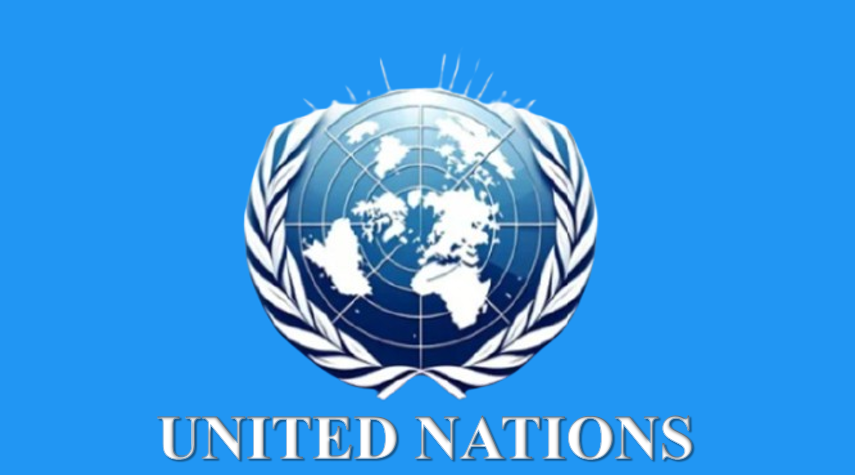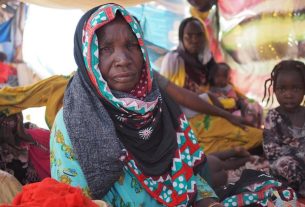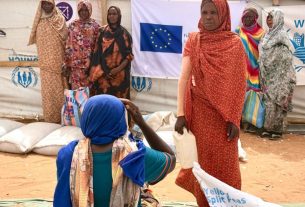GENEVA, — A United Nations human rights expert has called on governments worldwide to strengthen protections for migrants amid growing concerns over enforced disappearances, which affect thousands of people each year during migration journeys.
Gehad Madi, the UN Special Rapporteur on the human rights of migrants, issued the appeal on Friday, warning that migrants remain highly vulnerable to being forcibly disappeared due to detention, deportation, trafficking, and lack of state accountability.
His statement was accompanied by a detailed report building on findings from the UN Working Group on Enforced or Involuntary Disappearances and the UN Secretary-General. The report outlines urgent recommendations for states of origin, transit, and destination to prevent and respond to disappearances.
“States must take decisive, coordinated action to prevent migrant disappearances and uphold the dignity and rights of all individuals, regardless of their migration status,” Madi said.
The report urges governments to adopt robust protective measures, including:
- Improved data collection and information-sharing systems
- Enhanced search and identification protocols
- Transparent investigations into all cases of missing migrants
- Support services for affected families, including access to legal, psychological, and medical care
Madi cited the International Convention for the Protection of All Persons from Enforced Disappearance, which prohibits arbitrary detention and mandates justice, truth, and reparations for victims. Article 1 of the Convention states that no exceptional circumstances—such as war or internal instability—can justify enforced disappearance. Article 24 requires that victims and their families receive full access to justice and support.
To date, the Convention has been ratified by 77 states since its adoption by the UN General Assembly in 2006.
The call to action follows recent UN reports documenting enforced disappearances in Tanzania, Mali, and El Salvador, where families of the missing have been denied information about their loved ones’ fate—a violation of the right to truth and protection under international law.
Madi attributed the widespread invisibility of the crisis to high levels of state impunity, citing breaches of Article 6 of the Convention, which obliges states to hold perpetrators accountable.
He stressed the urgent need for a rights-based approach to migration, grounded in human dignity, accountability, and cross-border cooperation, to end this ongoing humanitarian crisis.



